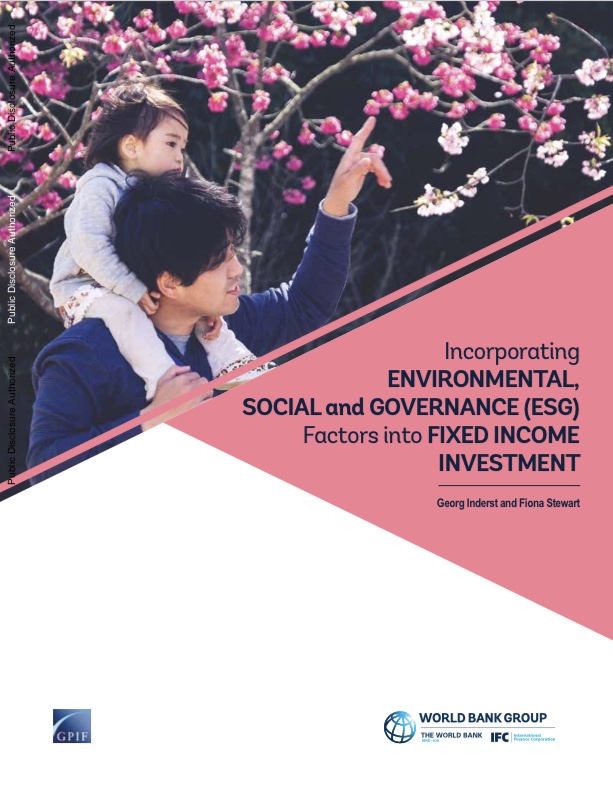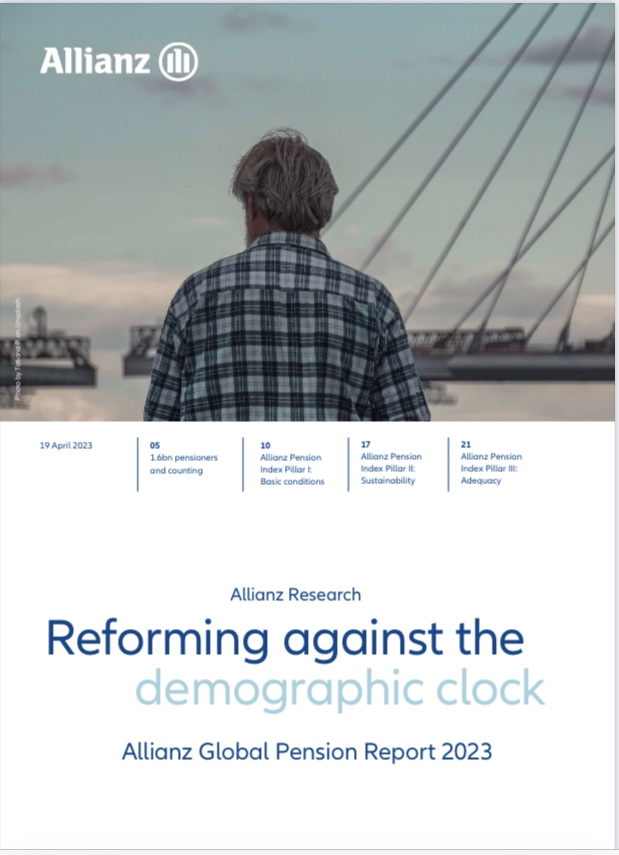Pension Reform: Conceptual Foundations and Practical Challenges
By Seamus Duffy & Oliver Giesecke Underfunded pension are the largest liability for state and local governments across the United States. As a result of increasing recognition of the associated risks, recent statutory funding mandates led to a sharp increases in required contributions, threatening city services and employee bases. As funding pressure mounts, pension reforms offer a viable tool for prudent economic policy. We propose five general principles that guide pension reform considerations and discuss how these principle stand in...










